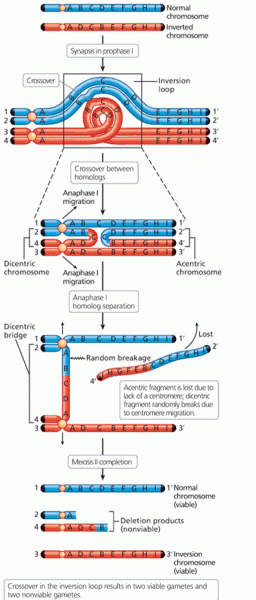Answer to Question 1
Over time, caffeine may contribute to cardiovascular disorders, reproductive problems, osteoporosis, cancer, and psychiatric disturbances. For some people, the equivalent of 5 to 8 cups of coffee per day may lead to anxiety and to respiratory, urinary, gastric, and cardiovascular distress. In people who are particularly anxiety prone, even small doses can trigger intense feelings of anxiety, fear, or panic. Consumption of large amounts of caffeine can produce acute caffeine intoxication, which includes physical symptoms such as restlessness, nervousness, excitement, insomnia, flushed face, diuresis (increased urination), gastrointestinal disturbance, muscle twitching, rambling flow of thought and speech, fast or irregular heartbeat, periods of inexhaustibility, and psychomotor agitation. Although rare and requiring extremely high doses (roughly 50 to 100 8-ounce cups of coffee per day), caffeine-associated death can occur.
Answer to Question 2
Substance abuse is a maladaptive pattern of substance use leading to clinically significant impairment or distress that can include: 1. failure to fulfill major role obligations at work, school, or home; 2. use in situations in which it is hazardous (e.g., driving an automobile or operating heavy machinery); 3 . substance-related legal problems; and 4. continued use despite persistent or recurrent social or interpersonal problems caused or exacerbated by the substance use.
Substance dependence is a maladaptive pattern of substance use, leading to clinically significant impairment or distress accompanied by at least 3 of the following: 1. tolerance; 2. withdrawal; 3 . using the substance in larger amounts or for longer than originally intended; 4. a persistent desire for the substance or unsuccessful efforts to cut down; 5. spending significant time trying to obtain the substance; 6. effects on important social, occupational, or recreational activities; and 7. continued use despite persistent or recurrent physical or psychological problems(such as smoking even though one has lung cancer).







